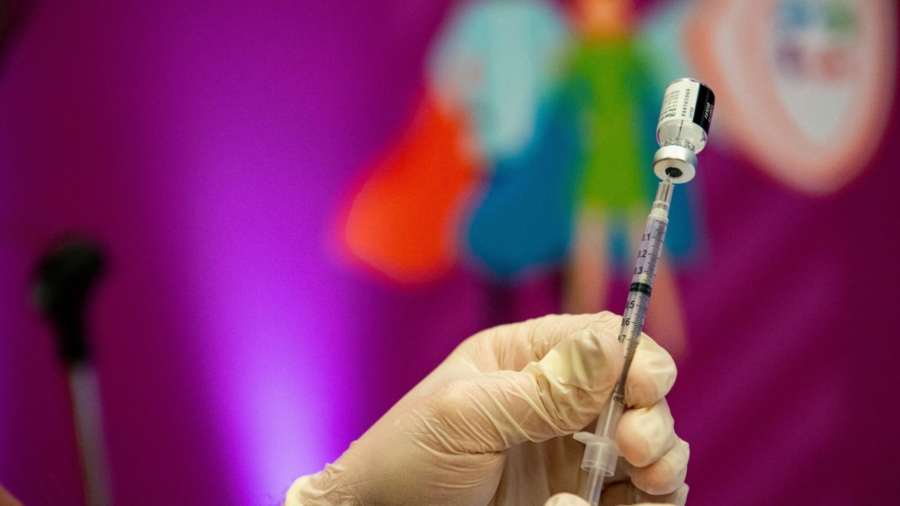A bill proposed to the Connecticut State Legislature, if passed, will allow minors as young as 12 to receive vaccines without parental consent.
Democratic Connecticut state Rep. Kevin Ryan on Tuesday introduced Bill No. 5480, which would amend the state’s current general statute by “allowing children twelve years of age and older to receive a vaccination without the consent of a parent or guardian.”
Currently in Connecticut, “minors under the age of 18 cannot be vaccinated by a healthcare provider without parental consent,” according to an official state website.
Ryan told local station WFSB that he proposed the bill on behalf of a constituent, saying, “As their representative, it’s my duty to express their requests and ensure their concerns have been taken seriously, especially on a health care issue.”
According to the news outlet, “more than 3,000 bills are proposed every year and a vast majority don’t even make it to a hearing.” This particular bill has been referred to the Joint Committee on Public Health, which will determine whether the measure will advance.
Ryan has been a member of the Public Health Committee since 1993, according to his official website, which also states that one of his top priorities is health care, “especially health care for children.”
The legislation was proposed just days after the Centers for Disease Control and Prevention (CDC) released its latest report on childhood vaccination status nationwide. Though overall vaccination rates among kindergartners remain high, the CDC found, coverage rates for mandated diseases such as measles, mumps and rubella (MMR), polio, and varicella have dropped 2 percent from prepandemic numbers.
Status of Parental Consent for Vaccination Nationwide
The majority of states require parental consent for the vaccination of children under the age of 18, according to the Kaiser Family Foundation (KFF). However, several states allow certain minors to self-consent for a vaccine, such as those who are married, emancipated, or not living with a parent or guardian.
Washington, D.C., passed a law in 2021 that allows children 11 and up to self-consent to receive a vaccine if they are “able to comprehend the need for, the nature of, and any significant risks inherent in the medical care.”
However, in March 2022, a judge blocked the measure, finding that it violated parental religious liberty and ability to monitor their children for adverse effects. The D.C. Council then went back and refined the law to make it more resistant to legal challenges, according to dcist.com. Now emancipated or homeless minors or those whose health care providers have “made a reasonable attempt to notify a parent or legal guardian” can self-consent for vaccination.
And individual cities, such as San Fransisco and Philadelphia, have passed laws allowing minors as young as 12 and 11, respectively, to self-consent for the COVID-19 vaccine, according to KFF.


